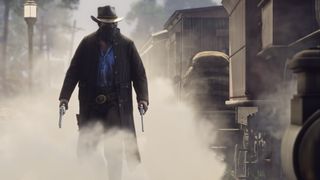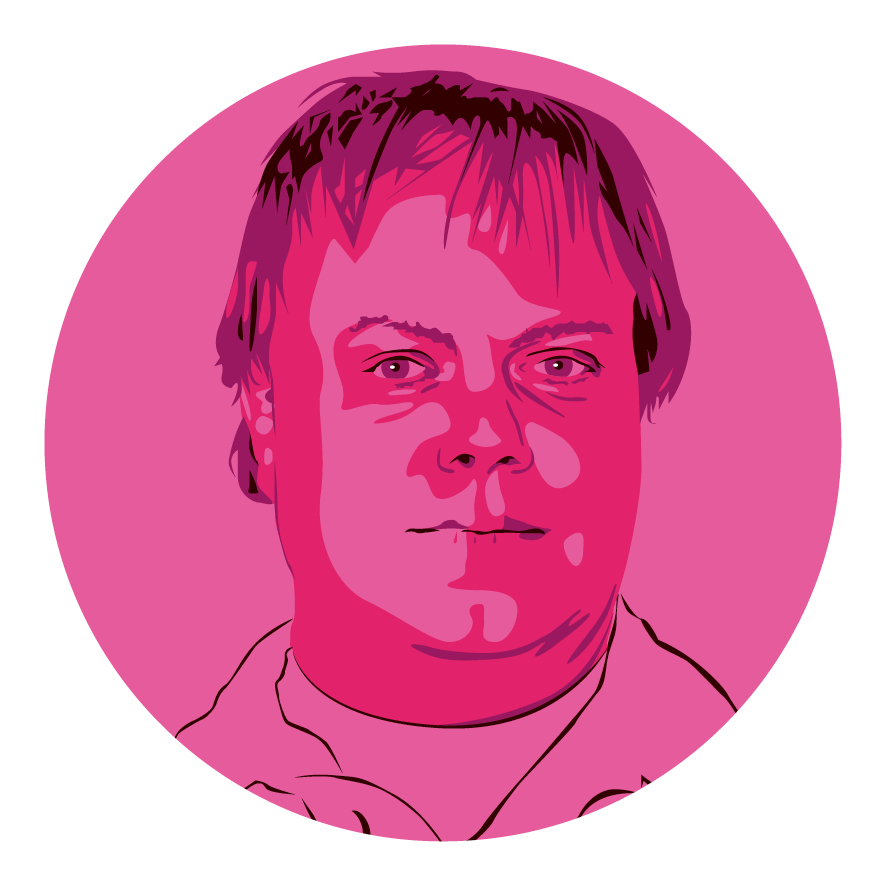Rockstar developers speak out on 'death march' crunch
A new Kotaku report dives deep into life at the world's most prestigious game company.

Rockstar Games co-founder Dan Houser said earlier this month that employees at the studio worked 100-hour weeks to get Red Dead Redemption 2 finished, a statement he later clarified as a reference about the "senior writing team," rather than the studio as a whole. That led current and former Rockstar employees to share their own stories about life at the studio; some said the stories of extended crunch were wildly overblown, while others, like former Telltale stalwart Job Stauffer, who was there during the GTA 4 years, described it as "like working with a gun to your head 7 days a week."
An in-depth Kotaku report released today paints a clearer picture of what it's like to work at the studio, based on interviews with 34 current and 43 former employees, including Rockstar's head of publishing, Jennifer Kolbe. It too is a mix of perspectives: Some employees say it's a great place to work, while others, with "the most harrowing stories … were impossible to print without risking that the individuals involved might be identified."
Degrees vary but the one thing that comes through consistently is that Rockstar is a place where employees are expected to work long hours: "What the company values most is not the bugs you fix but the hours you put in," is how one put it. Another, who worked on the original Red Dead Redemption, disputed Houser's statement that Rockstar employees aren't subject to mandatory overtime, saying, "we absolutely were forced to work six-day weeks in the six to nine months leading to launch."
And while some of that extra time is compensated for through employee bonuses, those are highly volatile. Red Dead Redemption paid off handsomely, but Max Payne 3 did not meet expectations and its bonuses came in much lower than expected, despite the development process being a "death march," according to sources.
One interesting, and revealing, detail about life at Rockstar that's detailed in the report is that employees who work on a game aren't listed in the credits if they leave the studio prior to its release, which effectively renders their work invisible. Koble, the head of publishing, said that's been "a consistent policy" at Rockstar, to encourage employees "to get to the finish line."
"And so a very long time ago, we decided that if you didn’t actually finish the game, then you wouldn’t be in the credits," she said. For RDR2, Rockstar will "recognize many people who made a contribution, including many former employees" through a "thank you" list on the Rockstar website that includes names that don't appear in the credits. It's apparently the first time that Rockstar has done such a thing.
Hefty overtime is clearly intertwined with Rockstar culture, but Koble acknowledged that march-or-die is not a sustainable approach to game development. It wasn't pervasive burnout among its employees that led to that realization, however.
PC Gamer Newsletter
Sign up to get the best content of the week, and great gaming deals, as picked by the editors.
"I think we’ve realized it through having children, because I think that naturally means you’re going to work less hours. I think even for the people who don’t have children, who have gone through crunch periods on other games, they approach the game they then go onto next a little differently. Because no matter who you are, your health is a concern to you," she said. "I think everyone approaches each new project with the goal of: It’s got to be better than what I did last time."
Be that as it may, I think it's very telling that despite being officially cleared to speak openly with journalists, nearly all of the employees who participated requested anonymity. I would very much like this to be a sign of real change at Rockstar, and other major studios, but there's clearly a powerful culture of fear to overcome.
The full report on Rockstar's "Culture of Crunch" is long, deep, and really good. Give it your time at kotaku.com.
Andy has been gaming on PCs from the very beginning, starting as a youngster with text adventures and primitive action games on a cassette-based TRS80. From there he graduated to the glory days of Sierra Online adventures and Microprose sims, ran a local BBS, learned how to build PCs, and developed a longstanding love of RPGs, immersive sims, and shooters. He began writing videogame news in 2007 for The Escapist and somehow managed to avoid getting fired until 2014, when he joined the storied ranks of PC Gamer. He covers all aspects of the industry, from new game announcements and patch notes to legal disputes, Twitch beefs, esports, and Henry Cavill. Lots of Henry Cavill.
Most Popular






